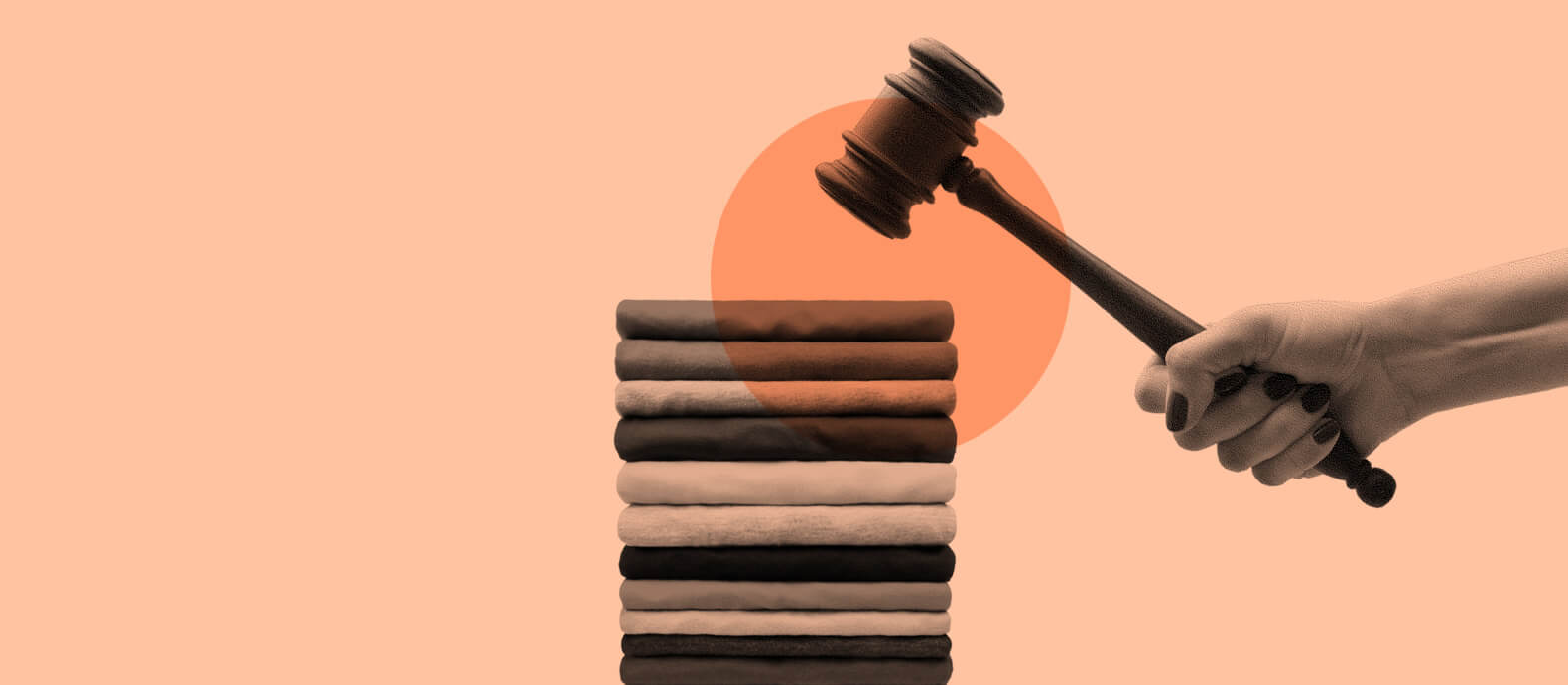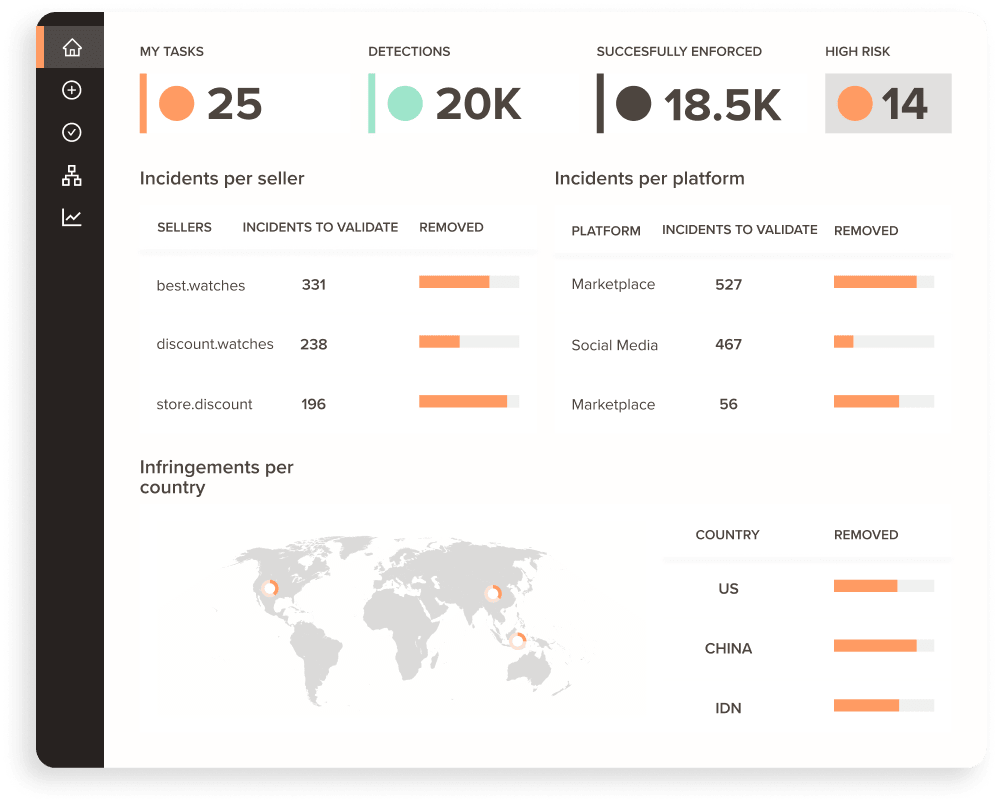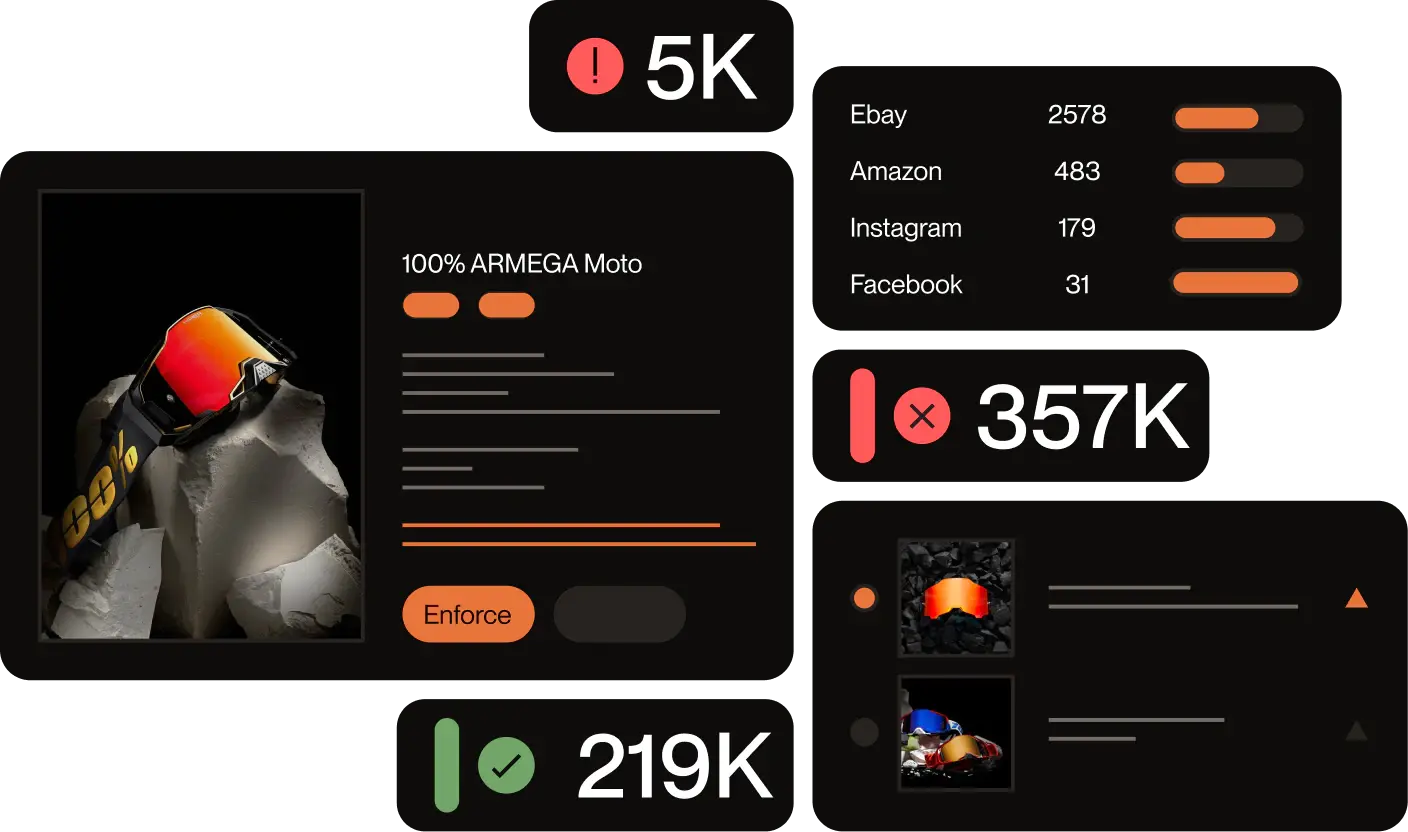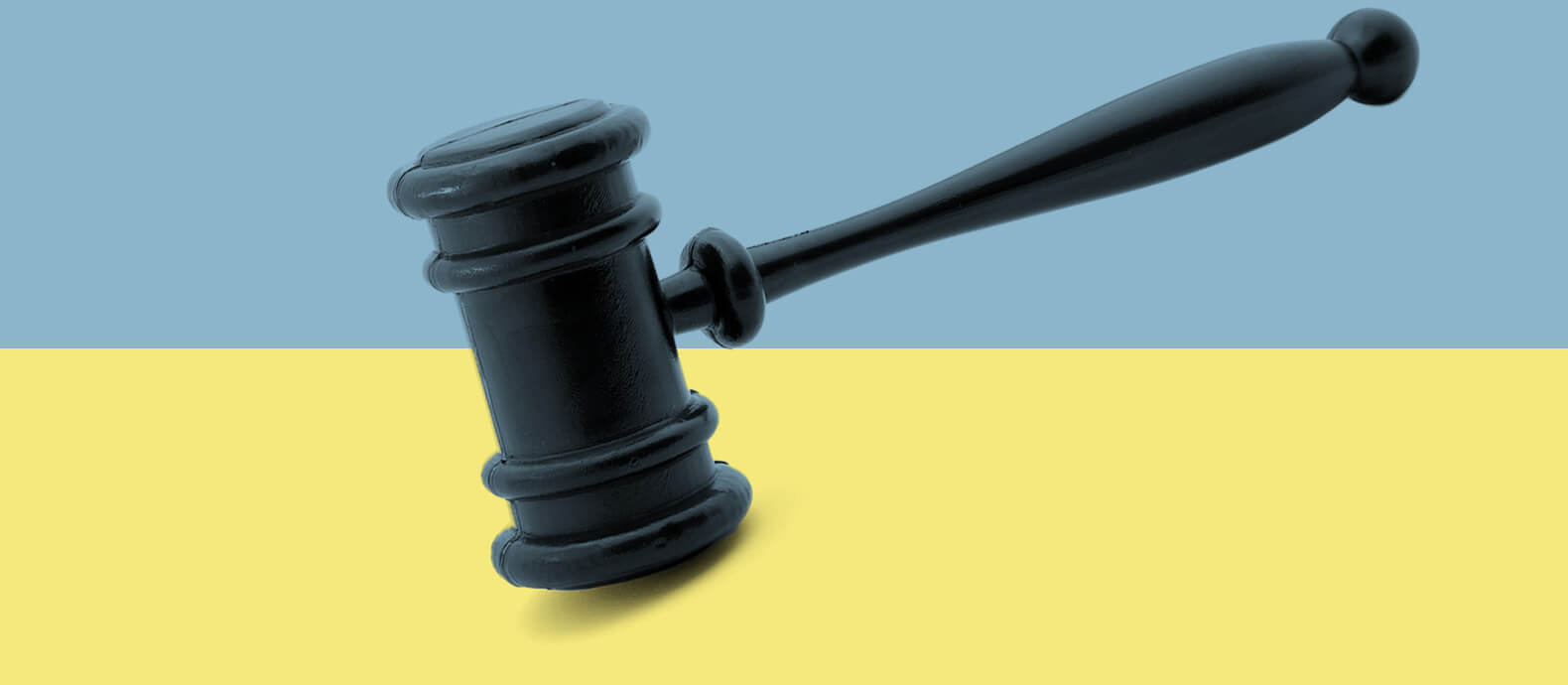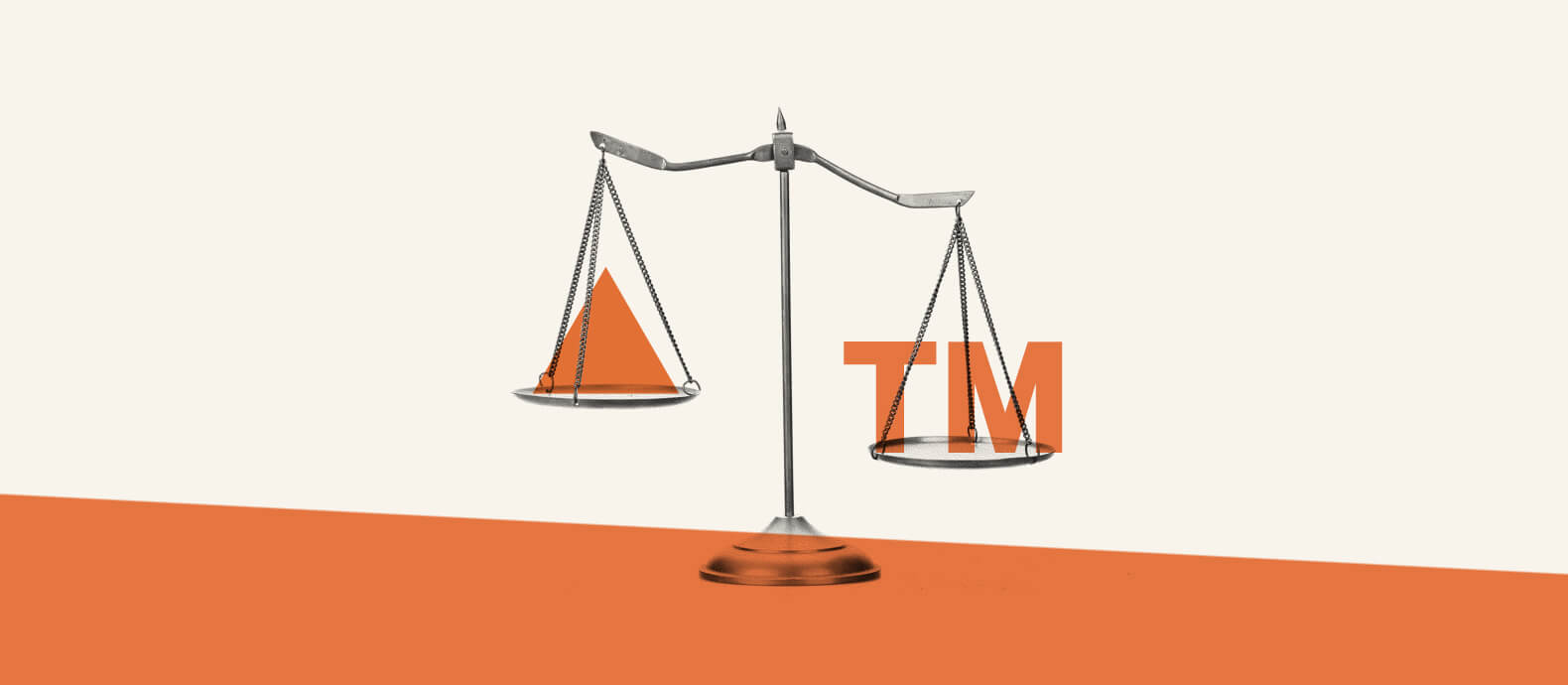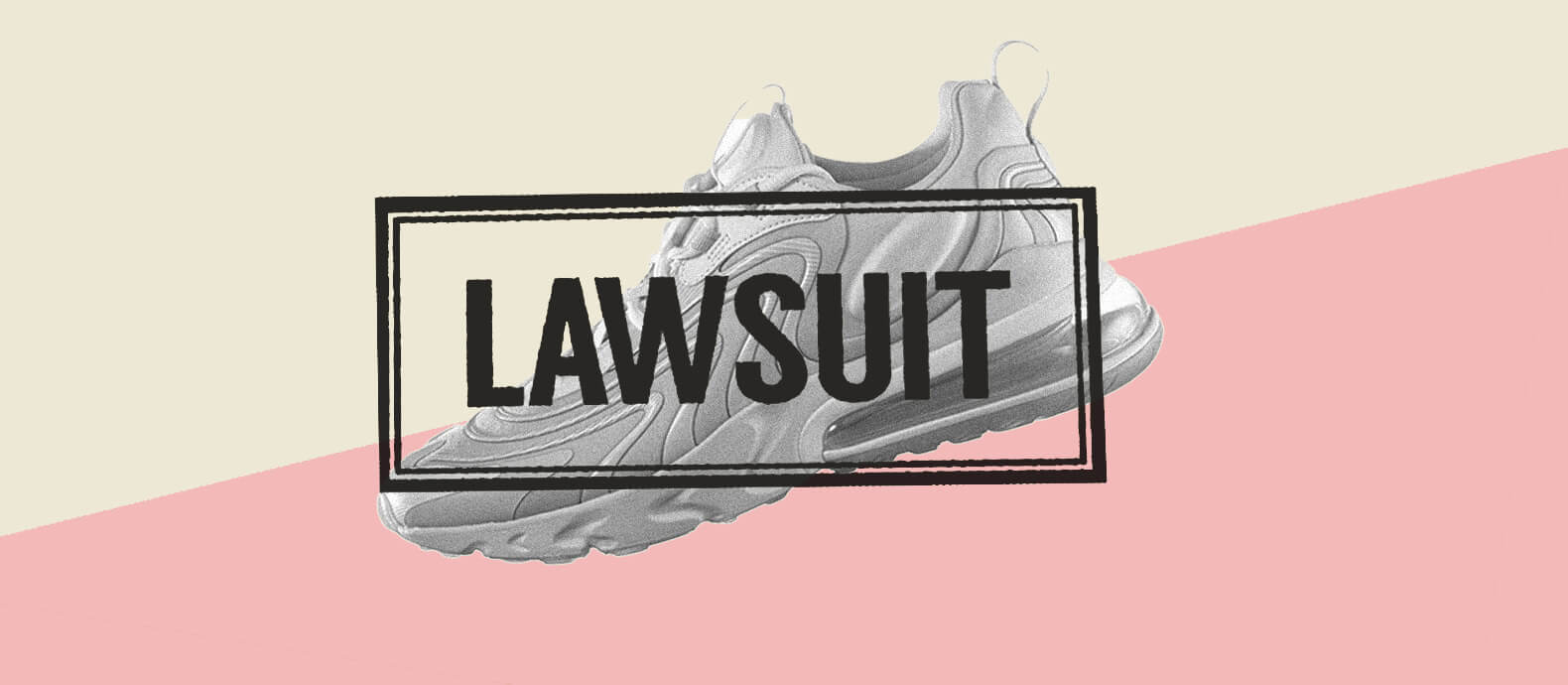Counterfeiting is a major issue for many businesses. For brands that operate online, it has become increasingly hard to fight against counterfeiters intent on stealing your intellectual property and damaging your brand.
One way you can fight the sellers of counterfeit goods is through legal action. In the US there are various ways to legally combat counterfeits and there are many elements to consider before you begin any legal action in earnest. In this blog we’ll be exploring how to take legal action against sellers of counterfeit goods highlighting a number of topics, including:
- What are counterfeit goods?
- Legal options for fighting counterfeiters
- Building a strong case: how to gather evidence of counterfeiting
- What is the US law against counterfeit goods?
- International considerations in counterfeit lawsuits
- Common challenges in counterfeit lawsuits
- A cost-effective approach to taking legal action against counterfeiters
What are counterfeit goods?
Counterfeit goods are fake products sold under the name of a legitimate brand without the authorization of the brand owner. These counterfeit goods are usually made cheaply and are of bad quality. Sellers of counterfeit goods hope to mislead unsuspecting customers and capitalize on the goodwill and reputation built up by the legitimate brand.
Counterfeit goods harm consumers and businesses in a variety of ways. For example, counterfeit goods that involve electronics, cosmetics and technical parts pose a safety risk to consumers because they have not been properly manufactured or assessed by regulators. Equally, if counterfeit versions of a legitimate product are sold at a large scale they have the potential to destroy the viability of the original product and plunge the legitimate manufacturers and distributors into financial trouble.
Legal options for fighting counterfeiters
There are a variety of legal ways to fight counterfeiters. Your approach will largely depend on how the counterfeiters have impacted your business and the kind of remedy you want to seek.
Should you seek civil or criminal action against counterfeiters?
It is a criminal offense to make, distribute or purchase counterfeit goods in the United States. This applies to intellectual property rights like Trademarks too. Counterfeits may be subject to criminal prosecution by state or federal law enforcement agencies. Therefore if you witness any counterfeiting of your goods one way to combat these counterfeits is by reporting them to the relevant authority.
However, criminal action against counterfeiters does not guarantee that your business will be compensated for any loss suffered as a result of their fraudulent actions. Therefore, the other main legal option for fighting counterfeits is to sue them in civil law. Depending on the nature of the counterfeiting this could result in:
- Trademark infringement lawsuits
- Patent infringement lawsuits
- Copyright infringement lawsuits
- Unfair competition lawsuits
Building a strong case: how to gather evidence of counterfeiting
Building a strong case to fight counterfeits is all about gathering, prioritizing and using the best evidence. Legal cases should be decided on the strength of the available evidence and the arguments on both sides should stem purely from the evidence. If you start gathering detailed evidence on your counterfeiters at the earliest possible stage you will give yourself the best possible chance of success when legal action begins.
In counterfeit cases you may also have to depend on expert testimony. In cases related to intellectual property this kind of testimony may be concerned with the nature of your patents or trademarks. Alternatively, it could be related to the digital mechanisms used to distribute counterfeit versions of your products. This expert testimony will also play a large role in determining the outcome of the case. Therefore you need to be vigilant in the way you prepare every part of your case, including, if you have the option, the way you choose your expert witness.
What is the US law against counterfeit goods?
It is a federal offense to sell or buy counterfeit goods in the United States. The Trademark Counterfeiting Act of 1984, 18 U.S Code Section 2320 states that those who are found guilty of “trafficking in illicit goods” will be subject to substantial monetary fines as well as a custodial sentence.
“Trafficking in illicit goods” can refer to both piracy (copyright infringement) and counterfeiting (trademark infringement). Businesses that engage in counterfeiting can be subject to fines of up $15 million. Individuals who are repeat counterfeit offenders can be subject to fines of up to $5 million.
The law also provides that civil lawsuits may be brought by trademark and copyright owners to recover damages, profit losses, costs and various injunctive relief. The law is in place to protect the intellectual property owner, safeguard consumers and punish the offending counterfeiters.
International considerations in counterfeit lawsuits
In this digital world, you will also have to consider how to fight against counterfeiters who are taking advantage of you on the international stage. Online counterfeiters will have little regard for international borders and may operate from outside the United States. This will usually make them more difficult to find and prosecute.
Intellectual property laws differ from country to country. International cooperation is required to ensure that counterfeiters are brought to justice. This is especially important in the modern, digital age where the internet allows counterfeiters to take advantage of businesses and consumers wherever they are in the world.
The World Intellectual Property Organization (WIPO) is a global forum for IP policy, services and cooperation. It has 193 member states, including the United States, and exists to develop a balanced and accessible international intellectual property system. International IP law is a patchwork combination of multilateral and bilateral agreements that attempt to harmonize various national laws.
Trademarks and patents are territorial. A U.S. trademark only protects your rights in the United States. If you want protection abroad you will have to register your intellectual property in each country where you want to be protected.
However, the Madrid Protocol makes it relatively easy to file for trademark registration in multiple countries when you file for one in the U.S. For example by filing one trademark registration application with USPTO, U.S. applicants can concurrently seek protection in up to 84 countries. This will help you protect against counterfeiters abroad and give you a good legal basis for fighting counterfeit lawsuits internationally.
Common challenges in counterfeit lawsuits
Counterfeit lawsuits are rarely a simple affair. There are many challenges you will have to overcome if you want to successfully fight counterfeits in the courts.
One of the first challenges is identifying and locating the counterfeiters in questions. If you are dealing with practiced and malicious counterfeiters this can be quite difficult. Scammers will use sly methods to mask their IP (Internet Protocol) address and may leave no indication of their physical address in their online profiles or websites. The best way to find and identify counterfeits is to employ some sort of smart tracking or detection software that will reveal their online presence and uncover details about their scam.
Another challenge is the limitations of the legal remedies available against counterfeiters. While you may be able to recover compensation from counterfeiters in civil law this will not necessarily put a stop to their overall operation. If they are organized counterfeiters with considerable resources they may be able to absorb the legal consequences without suffering too much. This will be frustrating for any victims of counterfeiting.
One of the most significant challenges in counterfeit lawsuits is that the burden of proof in a civil case is on the claimant. This means that it is on you to prove that the alleged counterfeiter has more likely than not committed the act of counterfeiting. A suspicion is not sufficient to win a counterfeit lawsuit. This burden will require you to gather quality evidence and prepare strong arguments.
A cost-effective approach to taking legal action against counterfeiters
Red Points’ Revenue Recovery Program will help you take successful and cost-effective legal action against counterfeits. Our program works on a contingency basis, ensuring that you are never liable for fees, whatever the outcome may be. We and our trusted legal partners will only receive a percentage of the awarded damages if you are successful in your counterfeit lawsuit.
We will act to gather as much evidence as possible about the potential counterfeiters and any incidents of counterfeiting that have impacted your business. Then our legal partners handle the whole process to make sure that you can find and take down counterfeiters wherever they may be hiding.
They will establish jurisdiction over the counterfeiters by showing the court that they have targeted businesses or individuals in the US. Then they will file a counterfeit lawsuit in the US with the goal of taking down the counterfeiters and recovering compensation for your business. For trademark infringement we seek statutory damages of up to $2 million.
What’s next
To effectively fight against counterfeit goods, you can take a few important steps, such as strengthening your intellectual property protection, implementing brand monitoring solutions, and developing relationships with law enforcement. It’s also crucial to stay updated on laws and work with other jurisdictions to combat counterfeiting worldwide.
Taking legal action against counterfeiters may seem difficult, but as long as you are informed, proactive and well-supported, it doesn’t have to be lengthy, complicated or expensive.
Red Points’ Revenue Recovery Program can help you gather evidence and streamline the litigation process. If you’re ready to fight back against counterfeiters, you can request a demo to see how they can assist you.


